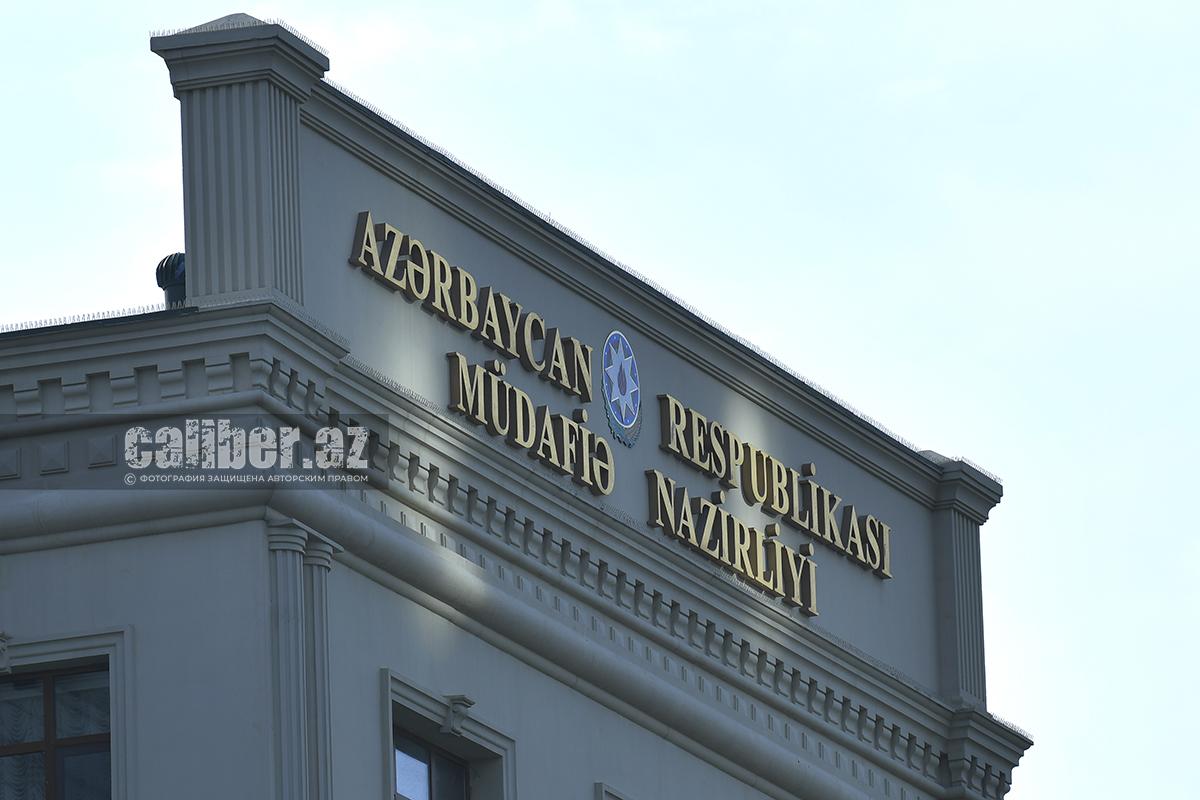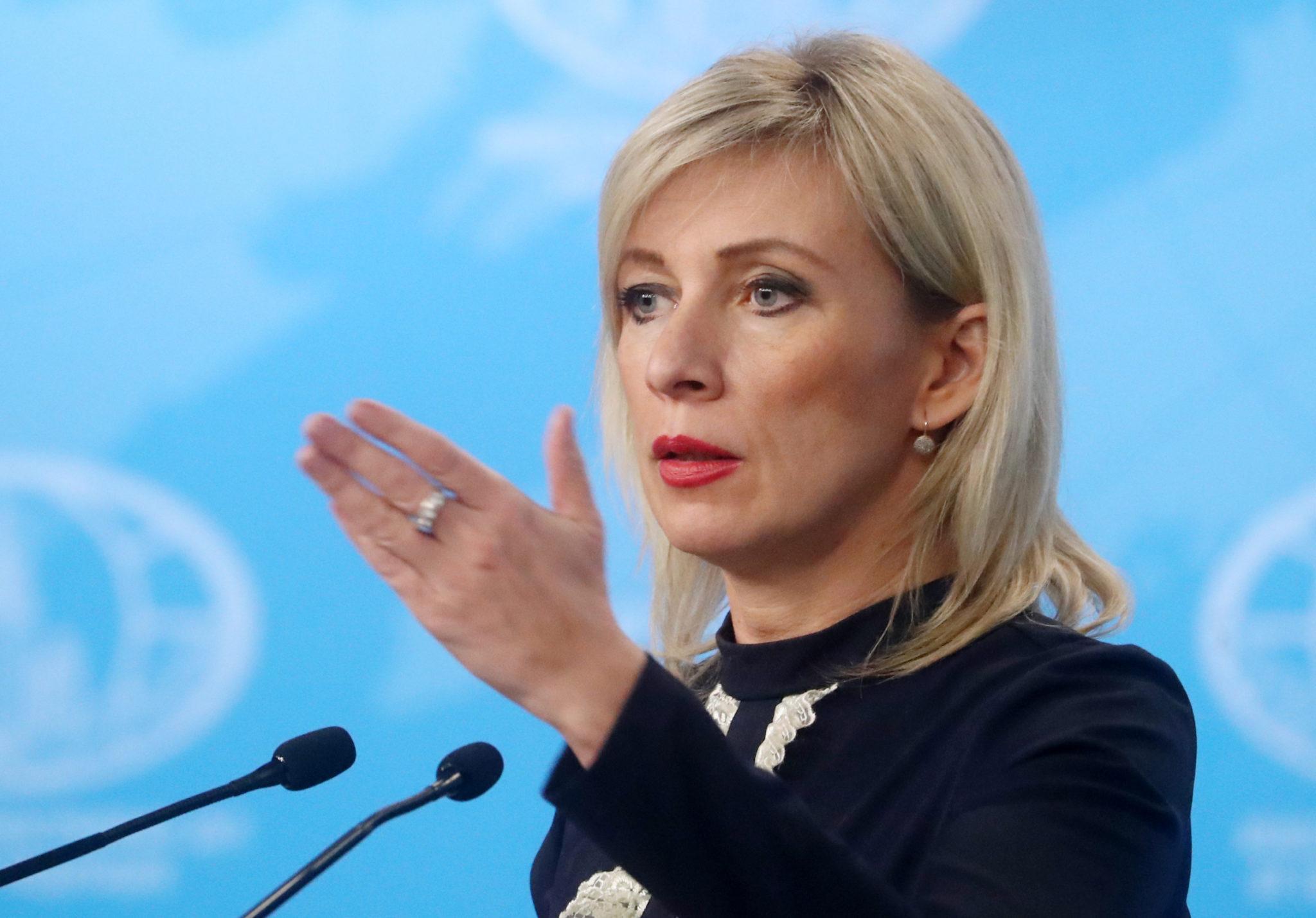France's arms deal with Armenia sparks regional tensions Paris thirsts for war
So, Armenia's military arsenal will be enriched with a new type of French weaponry. During a recent visit of Armenia's Defense Minister Suren Papikyan to Paris, the sides signed a contract for the supply of French CAESAR self-propelled howitzers. French Defense Minister Sébastien Lecornu wrote about this on the social network "X", calling the signing of the CAESAR acquisition contract a "new important milestone in Armenian-French relations."
Interestingly, perspectives on military-technical cooperation with France are viewed ambiguously within Armenia itself. For example, the newspaper Hraparak sceptically notes that "signing the contract is one thing, and delivering weapons to Armenia is another."
"Moreover, there must be personnel capable of operating artillery equipment, and it must be integrated into its own system. Each artillery piece requires no less than 2000–3000 rounds, and according to NATO standards — 6000 rounds. In other words, with 30 guns, there should be 180,000 rounds," the publication writes, clearly pointing out the limited capabilities of the Armenian army and the shortage of NATO-standard 155-mm ammunition. However, apparently, in Yerevan, they are blinded by the sole objective — to acquire any Western weaponry, without delving much into the intricacies of military affairs, but obediently following the advice of the "big sister" pushing for the militarization of the region.
Baku’s harsh reaction
France's arming of Armenia is seen by Azerbaijan as a deliberate attempt to destabilize the region, a stance underscored by Baku's swift and firm response. Azerbaijan's Ministry of Foreign Affairs stated unequivocally that "rearming Armenia, which has a history of committing bloody military aggression, by a permanent member of the UN Security Council like France, and supporting Armenia's revanchist policies, goes beyond political irresponsibility and leads to a new war."
The Ministry of Defense of Azerbaijan was equally unequivocal: “The fact that France, despite the warnings of the Azerbaijani side, has supplied Armenia with lethal and assault artillery installations and other types of weapons is another evidence of France's provocative activities in the South Caucasus region. We declare that the leadership of Armenia, pursuing a revanchist policy, and the Macron dictatorship will bear full responsibility for the aggravation of the situation in the South Caucasus and the emergence of a new hotbed of war.”

Firstly, it is regrettable to note that Armenia is aligning itself with Paris at a time when Baku and Yerevan have reached a new level of direct negotiations and achieved certain agreements on border delimitation and demarcation, dealing a serious blow to Macron's France and its destructive goals in the South Caucasus.
Secondly, by providing weaponry to Armenia, France aims to instil the idea in hot-headed revanchist minds that everything can be regained, to restore tarnished honour, and to provoke, if not a new war, at least a large-scale provocation along the hypothetical border. In this regard, Baku rightfully believes that the responsibility for escalating the situation in the South Caucasus and creating a new hotspot of war will squarely rest on the leadership of Armenia and “Macron's dictatorship”.
Thirdly, Armenia's leadership's attempt to torpedo Baku's peaceful agenda by refusing to amend its constitution, which contains territorial claims against Azerbaijan, and persistently continuing to replenish its military arsenal with French weapons, creates fertile ground for further militaristic goals of Paris in the region, which does not go unnoticed not only in Azerbaijan but also in Russia.
What about Russia?
Despite Prime Minister Nikol Pashinyan's anti-Russian policies being a significant point of contention for Moscow regarding its still strategic outpost in the South Caucasus, the Russian capital prefers not to confront Yerevan directly but rather employs a flexible diplomatic approach, balancing between incentives and consequences.
For instance, the Russian Ministry of Foreign Affairs regularly reminds that despite Armenia's frequent Western orientations, Russia remains its security guarantor. Additionally, Moscow consistently emphasizes its commitment to comprehensive cooperation with Armenia while occasionally warning about the severe repercussions of Western alignments, drawing from the example of Ukraine.
It is evident that Russia is striving to keep Armenia within its sphere of influence despite Yerevan's ongoing reorientation towards the West. On the other hand, it's clear that Moscow currently lacks effective leverage over Yerevan, for instance, concerning Armenia's withdrawal from the Collective Security Treaty Organization (CSTO). Recently, Armenian Prime Minister Nikol Pashinyan announced in parliament that Armenia had frozen its activities within the CSTO and would not return to the organization.
In Russian political circles, various opinions have been voiced, including calls to immediately exclude Armenia from the CSTO and even to take "decisive steps" aimed at altering Armenia's current foreign policy orientation and bringing it back into Moscow's orbit. Concurrently, Moscow reacted quite sensitively to Armenia's recent contract with France for the delivery of CAESAR self-propelled artillery. Russian Foreign Ministry spokesperson Maria Zakharova stated that Russia does not reject contacts with Armenia in the military-technical sphere.

"We are not rejecting contacts with Armenia in the military-technical sphere; they are conducted on a regular basis, and we have not seen any claims from their side," said Zakharova.
Despite virtually halting military supplies from Russia to Armenia, and with the likelihood of their resumption being minimal amid the ongoing war in Ukraine, Moscow is attempting to convey to Yerevan that the West intends to advance its interests in the region, including through military supplies, using Armenia in a hybrid war against Russia. As noted by Deputy Foreign Minister of Russia Mikhail Galuzin in a recent interview with "Komsomolskaya Pravda," "The West is using Armenia as a springboard and pursuing a policy of neo-colonialism in the post-Soviet space, applying the philosophy of 'divide and conquer' towards these republics." It should be noted that in this sense, the positions of Baku and Moscow fully coincide.
However, the statements of the Russian diplomat that "the sad and instructive examples of the once prosperous, now literally depopulated and deindustrialized NATO Baltic states" and the same Ukraine speak for themselves," suggest the following conclusion: Moscow is not ready to release Armenia from the orbit of its influence and will continue in this regard "attacking" Yerevan through its diplomatic channels. For this reason, it can be cautiously assumed that Galuzin's assertions that Russia "never interferes" in the affairs of neighbouring countries and never uses elements of either soft or hard power against them, are a subtle hint to Yerevan that Armenia could be the last straw for Moscow's patience in the event of a final turn to the West.
What conclusions Armenia will draw from Moscow's messages, time will tell...
Note: CAESAR is a 155-mm howitzer mounted on the Renault Sherpa 10 truck chassis with an armoured cab. Armenia has purchased 36 units from France, which the French side is expected to deliver within the next 15 months.








